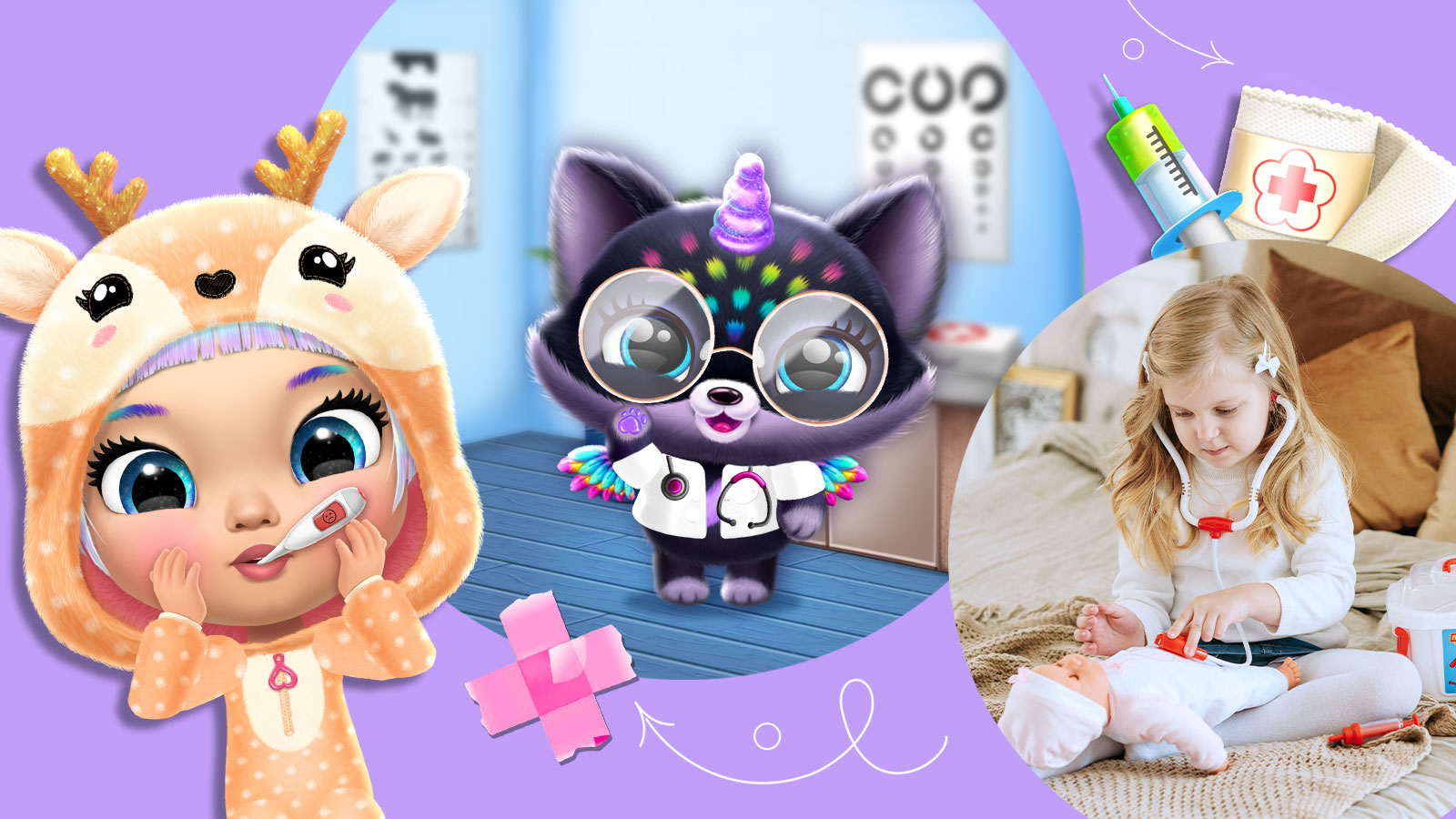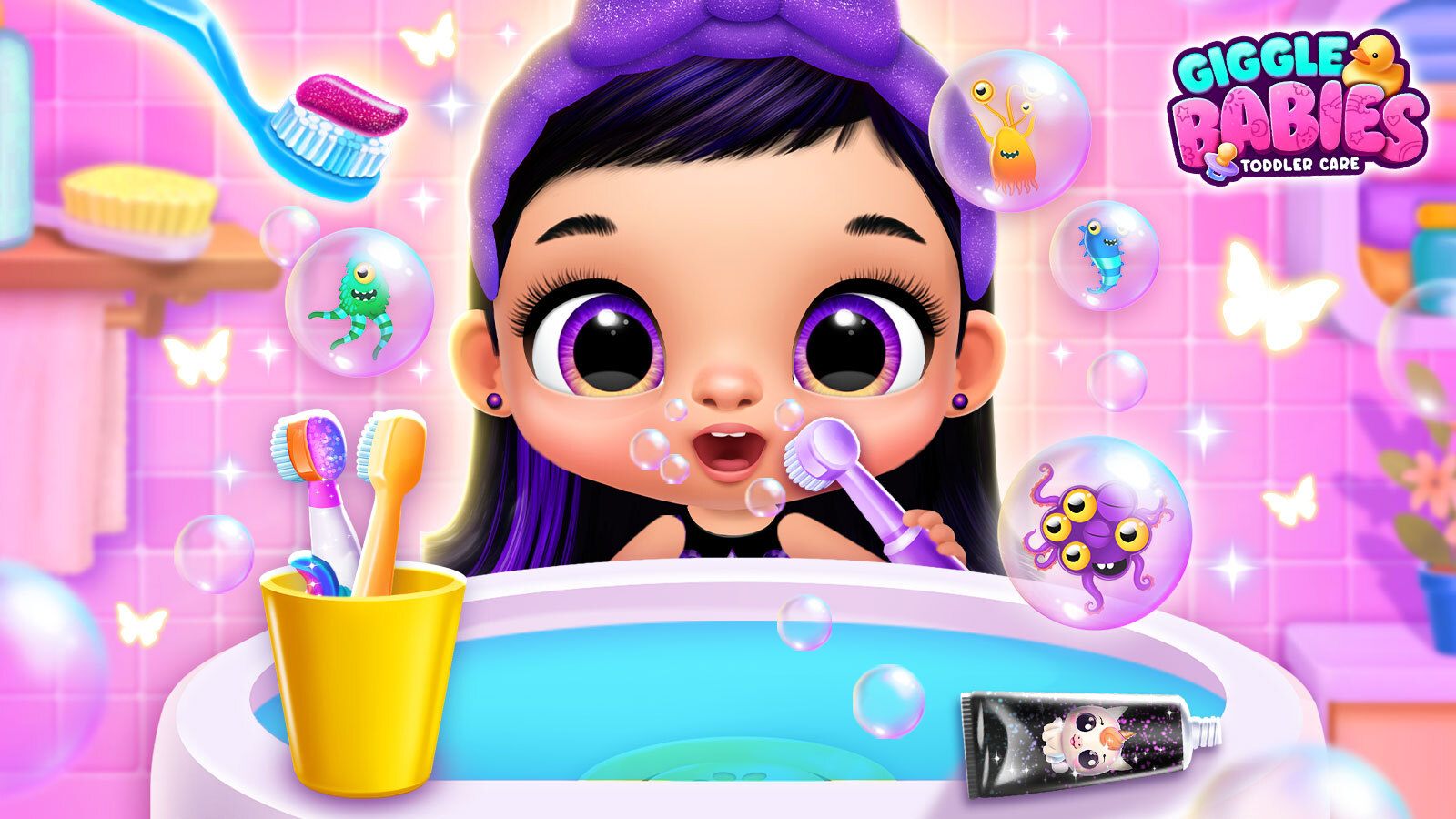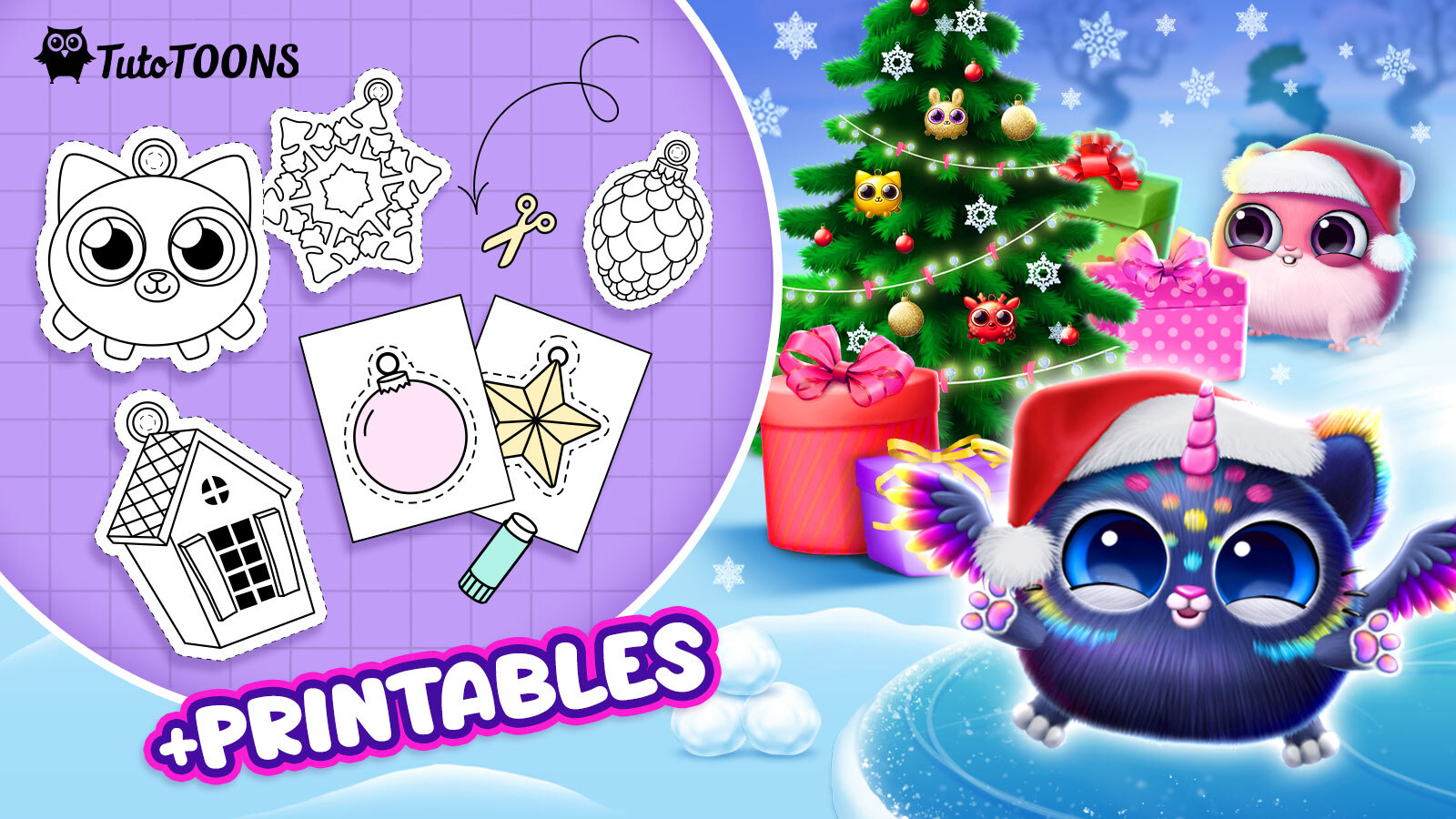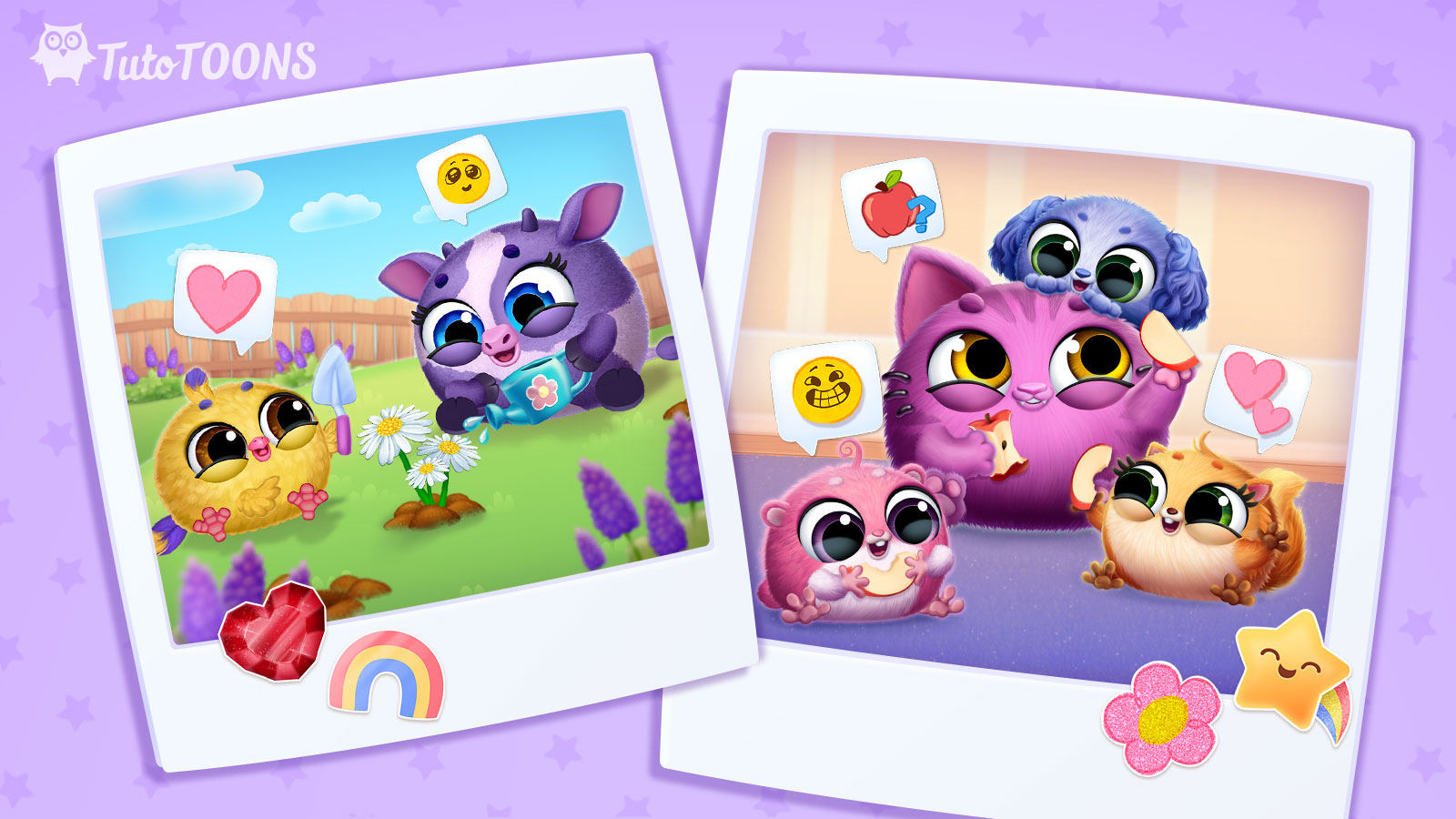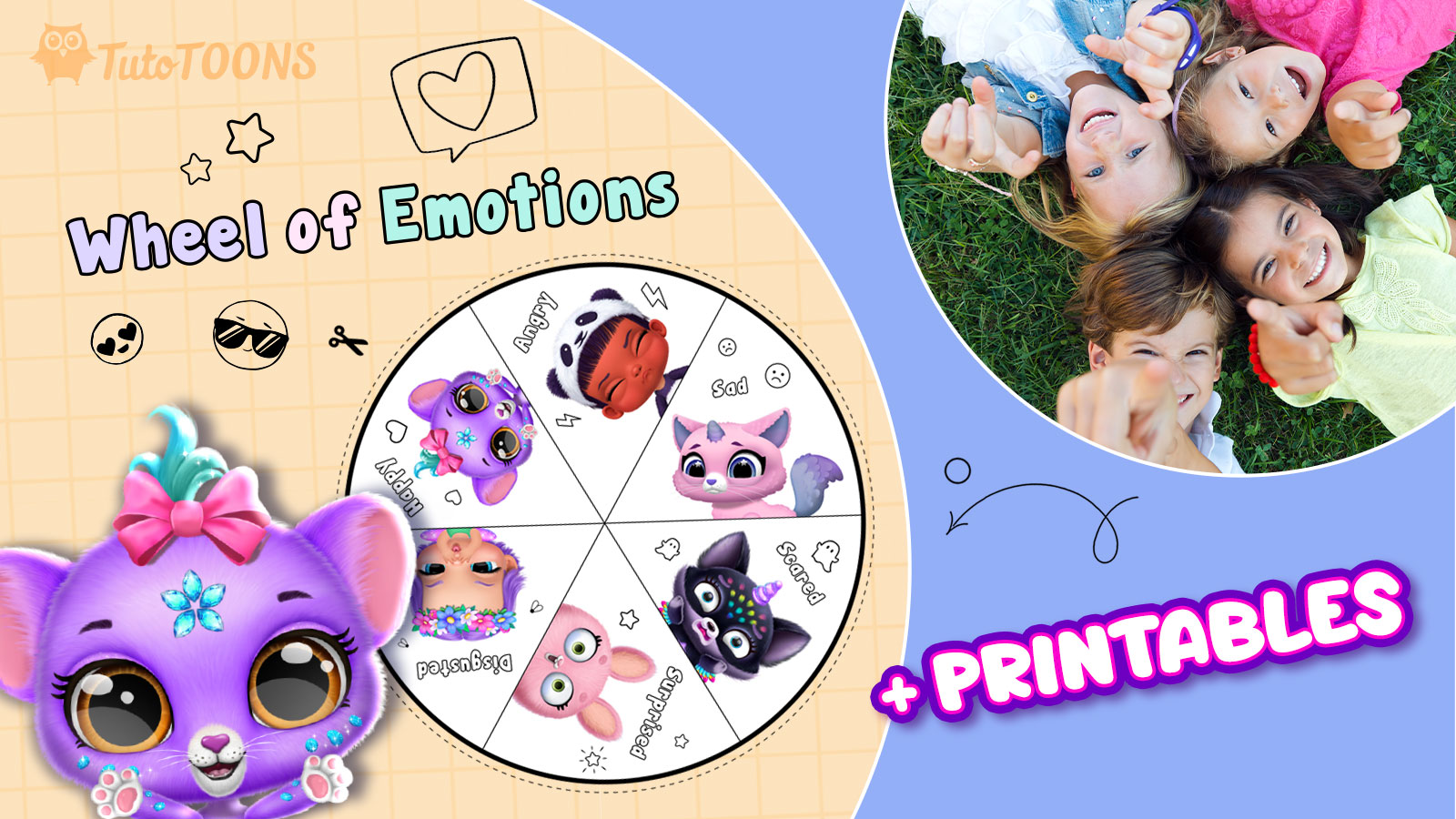
7 Tips for Nurturing Inner Happiness 🥰✨
In today's fast-paced world, it's easy for both children and adults to fall into the trap of believing that happiness is something that comes from external sources: toys, gadgets, popularity, or achievements. In this article, we'll explore some effective ways to teach kids that happiness depends on the inside.
Lead by Example
Children learn by observing the behavior and daily interactions of adults around them. Therefore, our own ability to find happiness and gratitude in things other than material possessions sets a great example to follow.
Encourage Gratitude Practices
Encourage children to express gratitude daily, whether it’s adding a note to the family gratitude jar, sharing thankful moments at dinner, or taking time to reflect on what they appreciate. By focusing on what they have rather than what they lack, children learn to find joy in the present moment.
Promote Mindfulness
Introduce children to short morning meditations – they instill mindfulness, boost mood, and enhance focus. Another way to bring a sense of stability and uplift mood is through daily positive affirmations. Phrases like “I am loved,” “I am unique,” and “I am brave” can work wonders. Give them a try with your child!
Inspire Hobbies
Encourage activities that bring joy without the pressure of performance. Inspire kids to explore their interests and passions, whether it's art, music, sports, or anything else they like. Hobbies create space for the mind to wander, relax, and find new joys.
Teach Emotional Regulation Skills
Guiding children in understanding and managing their emotions is crucial for their happiness and well-being. Introduce them to tools like the Wheel of Emotions to help them recognize and navigate their feelings. Through this process, they build resilience and find a deeper sense of inner peace.
Foster a Growth Mindset
Encourage children to adopt a growth mindset by praising their efforts and determination rather than just their achievements. This way, kids develop confidence in their ability to overcome challenges, leading to greater overall happiness.
Encourage Volunteering
Engaging in voluntary charitable activities, such as spending family time together at animal shelters or joining in community clean-ups in nature, instills the joy of giving. By volunteering and helping others, little ones learn the value of their own blessings and the satisfaction of making a positive impact.
All in all, teaching children to find inner happiness is an ongoing task with no fixed destination. It's a continual conversation, a series of adjustments, and a daily commitment to values prioritizing inner joy.

